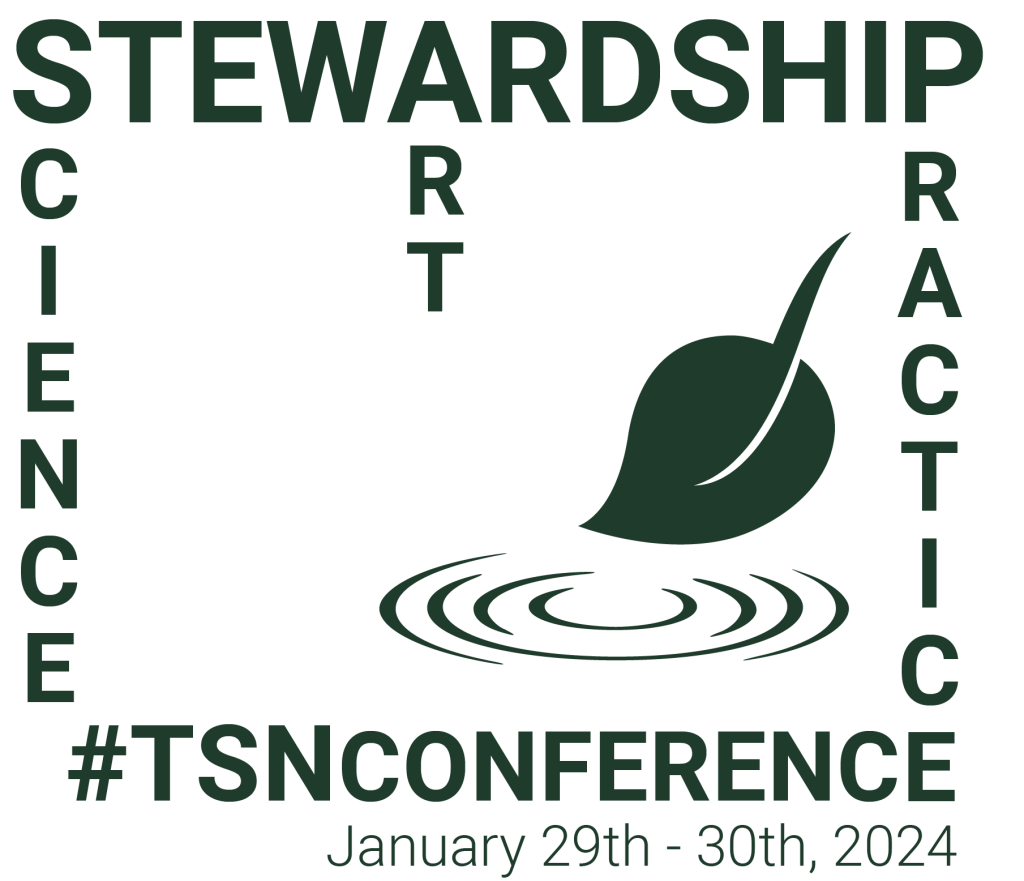Due to their unique status as living museums of plants from around the world, public gardens and arboreta can play an important, pro-active role in assessing which non-native plants exhibit invasive tendencies. These institutions have the access and staff expertise to observe the reproduction and spread of plants that are not well known and may not be available in the horticultural trade, and can make recommendations about these plants’ capacity to become invasive based on those observations. The Public Gardens as Sentinels against Invasive Plants (PGSIP) initiative has developed guidelines and a database for public gardens in North America to share information about plant taxa they are observing escaping from cultivation. The observations shared by public gardens have enabled PGSIP to develop resources that can help with invasive species detection and response. Learn more about the resources available from PGSIP and how public gardens can contribute to this growing body of data.
Monday, January 29th, 2024
10:30 am - 11:30 am
Presenters
 Michelle Beloskur
Michelle BeloskurMidwest Invasive Plant Network
| Michelle is the Coordinator of the Midwest Invasive Plant Network (MIPN). Michelle co-directs the Public Gardens as Sentinels against Invasive Plants initiative and facilitates invasive species information sharing and collaboration across the Midwest. Her background includes over eight years of professional invasive species outreach and management experience, addressing both terrestrial and aquatic invasive species. Her background also includes experience in environmental research and regulation. Michelle holds a B.S in Biology from the University of Michigan and an M.S. in Environmental Geoscience from Michigan State University. |

